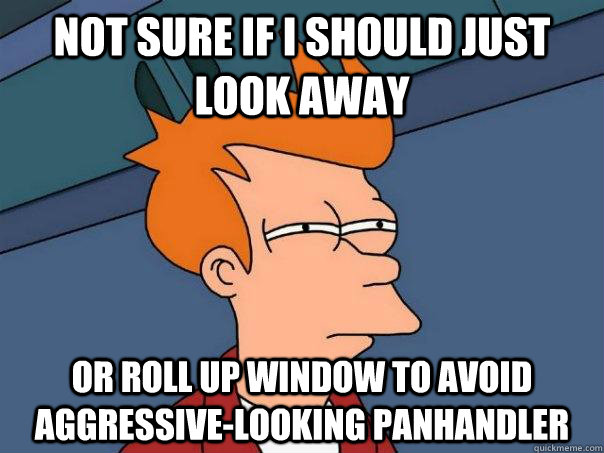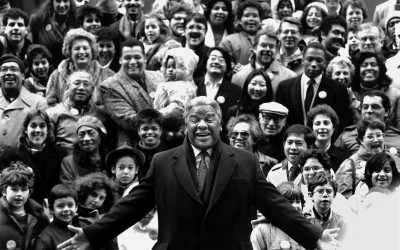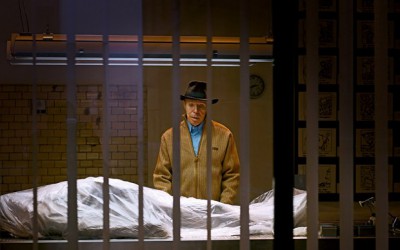Handling Panhandlers in the Chicago Loop
By: Whiskey Tango, 2004
According to city officials, there is no study to prove the Loop may have more panhandlers than any other location in Chicago. But Corey Pittman, 32, a manager at the local Walgreens on Randolph and State Street feels that there is an issue. He believes the Loop attracts panhandlers that take an everyday interest in the high traffic of tourists, merchants, and its growing residency.
Besides being at Chicago’s center of commerce, the Loop has come to be a new residential hot spot that caters to a variety of professionals. According to the 2000 Census, the average median household income in the Loop is $65,000 with employment close to 70 percent. A handful of developer’s began constructing condos and some apartments after realizing the area had potential. Yuval Degani, Dream Town Realty’s presidentsaid, “The 1996 renovation of State Street created a demand for retail, office, and residential space in the Loop.”
Having a home in the Loop is convenient. Executives choose the Loop to be near their office, explained Degani. Although, some residents and retailers say that the downside to being located in the Loop is the hassle they endure from panhandlers on a regular basis.
Pittman has been a manager at Walgreens for a little over half a year and claims to have already seen a loss in revenue due to panhandlers outside his store. “I’ve had to clear the front of the store a few times,” said Pittman. He suggested an increase of more beat cops in the Loop as answer to the problem.
He recalled an unruly panhandler that had been harassing a customer and the local Streetwise merchant out in front of the store a few weeks ago. Being unable to resolve the situation by himself Pittman said he had to call the police. By the time police officers arrived, the individual had disappeared. Pittman said he was astonished that the entire argument took place in front of a cop right there in the middle of the intersection. The officer, he said, heard and saw the entire ordeal but did not assist in the situation, or bother to call for help.
Most residents and merchants, like Pittman, feel that the city should do more about the issue. Panhandling within Chicago city limits is legal but according to Pat Camden, chief of media affairs for Chicago’s police department, the city at one point did have an ordinance against it. “Ethically, we would like to have an ordinance against homelessness, only so there is no homelessness,” said Camden. The Chicago police department can only arrest a panhandler if they are obstructing street or pedestrian traffic, or if they are blocking the entrance to a business.
Camden agrees that there are a lot of panhandlers in the Loop and Michigan Ave. due to tourism, travel, and business. He advises that it’s “probably better not to give them money.” He recommends people that want to help participate in a local voucher program implemented by a collective organization of churches called Chicago Shares.
The voucher program was created to give both those who want to help and those in need of help a solution to the issues surrounding giving handouts. The vouchers are sold in $1.00 increments and are redeemable for food and personal care items only at a variety of participating merchants. You can reach the organization by calling their volunteers at (312) 573-4469.
“It’s a difficult diagnosis to tell residents of the Loop what to do about the panhandlers,” explained Mayor Daley’s Special Assistant of Chicago’s Homeless Division, Mgoam Le. Ultimately, she suggests to do what you feel is best.
Panhandling and homelessness are two different things, said Le. It’s difficult to draw similarities because the homeless are the people who genuinely live and sleep on the street and occasionally in the shelters while a panhandler could be anyone.
Chicago, for now only has one plan, which is to eliminate homelessness within the next ten years. Le said there’s no data currently supporting the panhandler claim raised by residents and merchants in the Loop.








